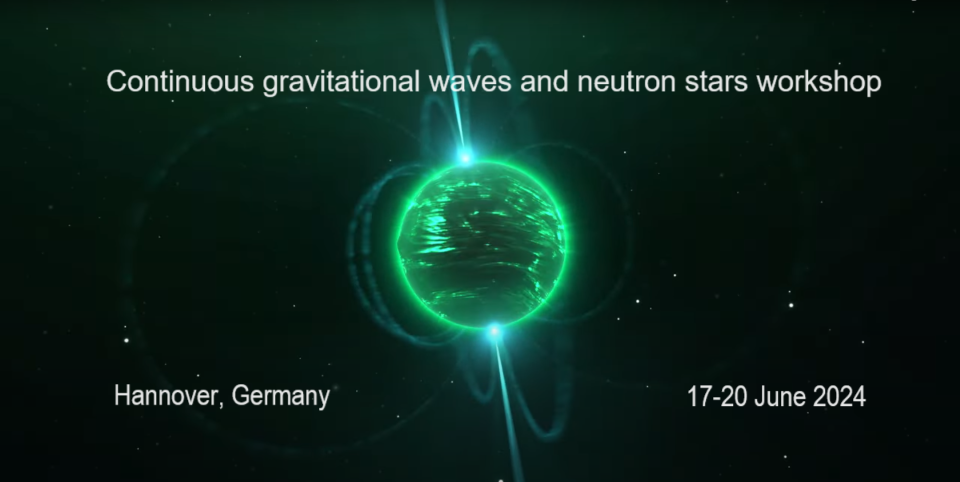Speaker
Description
Searches for continuous gravitational waves targeted at known pulsars use pulsar timing observations to infer the phase evolution parameters of the CW signals they emit. We present a new method and implementation to obtain Bayesian posteriors on the amplitude parameters of the CW signal, combining modern Bayesian parameter estimation techniques with the well-established F-statistic framework. We further explore the benefits of a likelihood function that is analytically marginalized over the initial-phase of the signal. We test the methods on simulated signals, CW hardware injections in Advanced-LIGO detector data, and using percentile-percentile (PP) self-consistency tests of the posteriors and furthermore use it in a first real-world known pulsar CW search.

